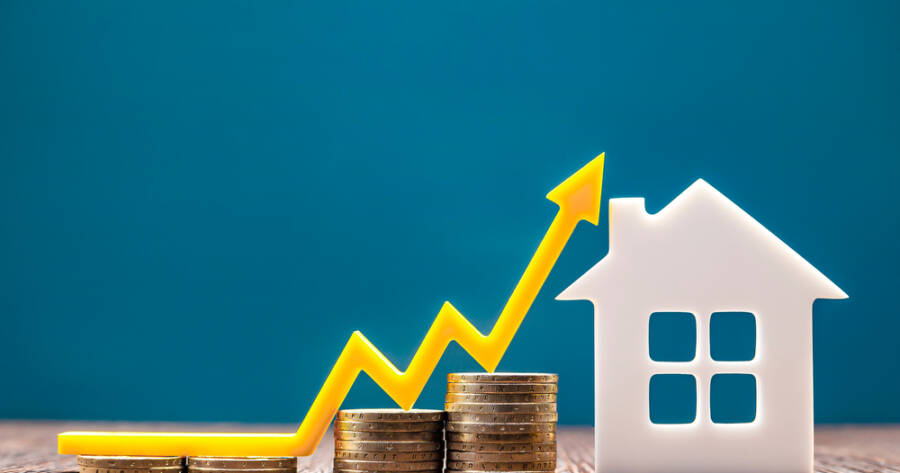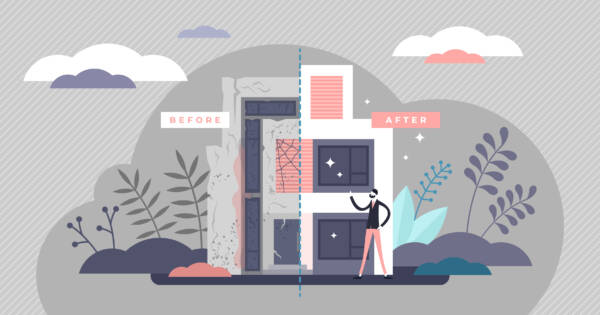- Consumers are contending with inflation numbers that are close to 40-year highs.
- Inflation impacts both everyday purchases like groceries and big purchases like homes.
- Whether you own a home or want to buy one, consider these nine effects of inflation.
It’s no wonder that record inflation has many consumers on edge. Americans are shelling out more for just about everything from groceries to gas. Inflation also impacts the housing market in several ways that home buyers and homeowners need to consider.
Keep reading if you’re thinking about buying, selling, or refinancing a home. Here are nine ways inflation impacts the housing market, plus more helpful information.
What Exactly Is Inflation?
Inflation happens when purchasing power decreases, and goods and services effectively get more expensive. In short: Money doesn’t go as far. Rising production costs and increasing demand can both drive inflation. The former is called cost-push inflation, while the latter is called demand-pull inflation.
You’ve probably heard of the Consumer Price Index (CPI). It measures the inflation rate. The CPI increased 8.3% from April 2021 to April 2022. The average inflation rate from 2019 to 2020, by comparison, was 1.4%. These numbers put inflation close to a 40-year high, according to Consumer Reports.
 Shutterstock
ShutterstockMore Expensive to Borrow
Unfortunately for home buyers, inflation and higher mortgage rates tend to go hand in hand. Until relatively recently, interest rates were near historically low levels. After hitting a low of 2.67% in December 2020, Macrotrends says rates hovered around 3% until 2022.
Now, rates are climbing. As a matter of fact, the source says mortgage rates passed 5% in April 2022. Higher rates make borrowing more expensive because you’ll pay more in interest over the life of the loan. It’s also worth mentioning that higher mortgage rates weaken your purchasing power.
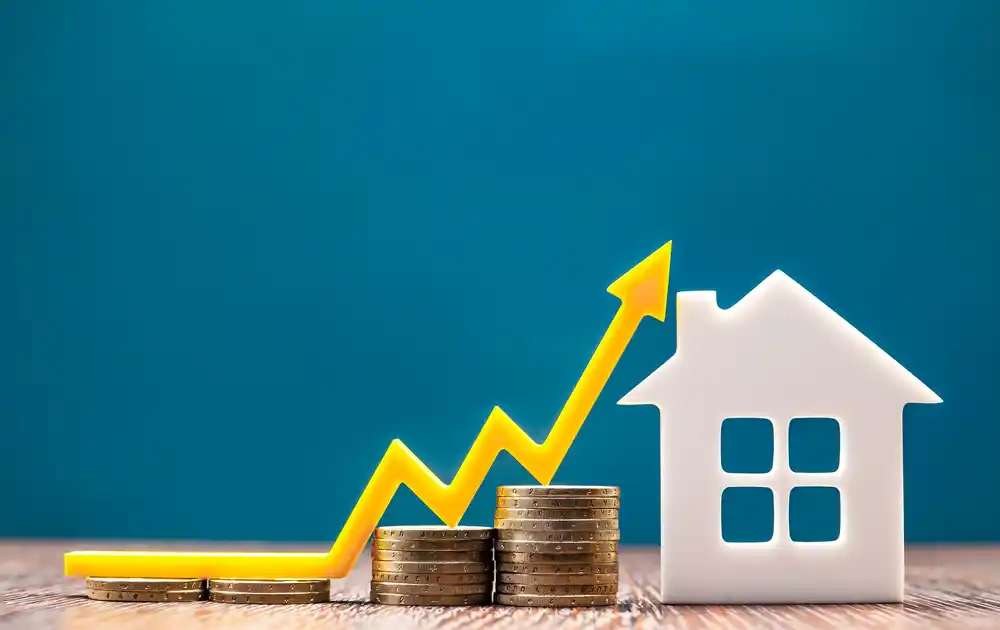 Shutterstock
ShutterstockAlready High Home Prices May Go Higher
If you’ve glanced at the housing market in the last year or so, then you probably know that housing prices have soared. For example, home prices increased nearly 20% year-over-year in February 2022, according to the S&P CoreLogic Case-Shiller national home price index.
Since real estate is generally considered a durable investment, inflation could drive more people to jump into the housing market. If that happens, then the demand-supply imbalance that already exists would worsen. Consequently, already high home prices could go higher.
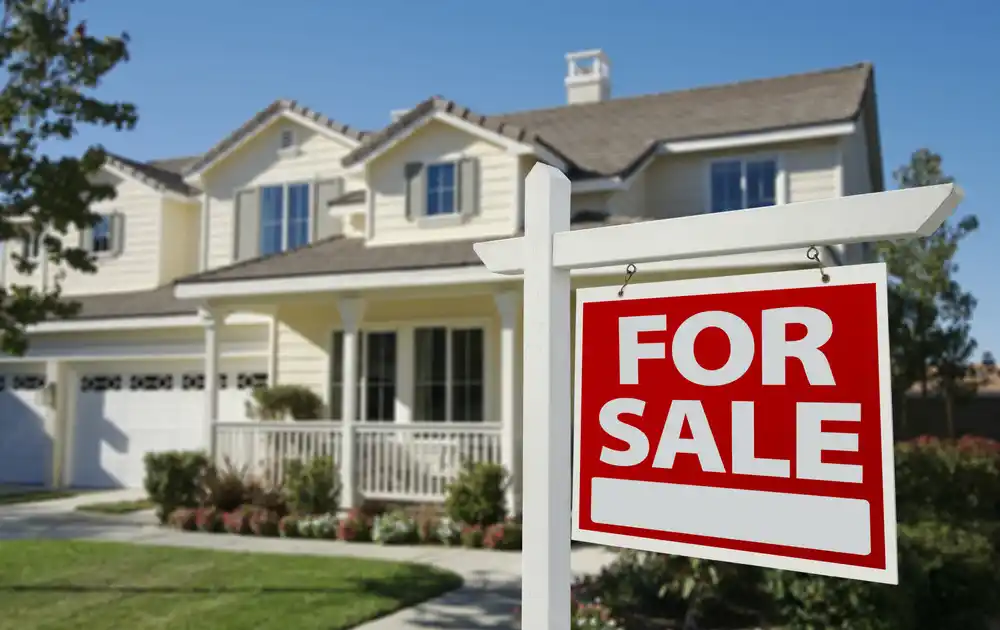 Shutterstock
ShutterstockOr Home Sellers May Cut Prices
Alternatively, high mortgage rates could make people rethink buying right now. If demand softens, then sellers may need to lower their asking price. We’re already seeing this to some extent. According to Redfin, sellers of 13% of homes on its site cut prices in the four weeks leading up to April 10, 2022.
Fortune says, “That was the biggest one-month spike Redfin saw in price cuts since 2015.” However, plenty of homes are still selling for high amounts. In fact, Redfin says the average home still sold for above its asking price. So, we don’t know which way prices will go yet.
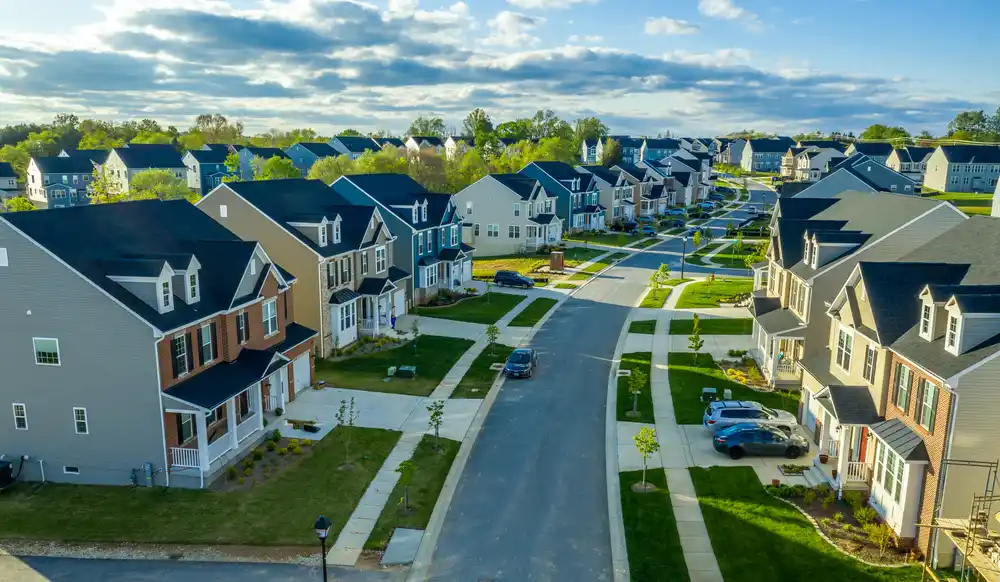 Shutterstock
ShutterstockConstruction Costs More
Inflation is also driving the price of several construction materials up. According to BobVila.com, “Building material costs rose 31.3 percent from early 2020 to early 2022.” The source says lumber, steel, and concrete are just a few common construction materials that cost more now. Even finishing touches are pricier.
For example, the source says the prices for exterior paint, interior paint, and architectural coatings increased between 20% and 30% from 2021 to 2022. So, building a new home is more expensive. In addition to inflation, supply chain issues and labor shortages are contributing factors.
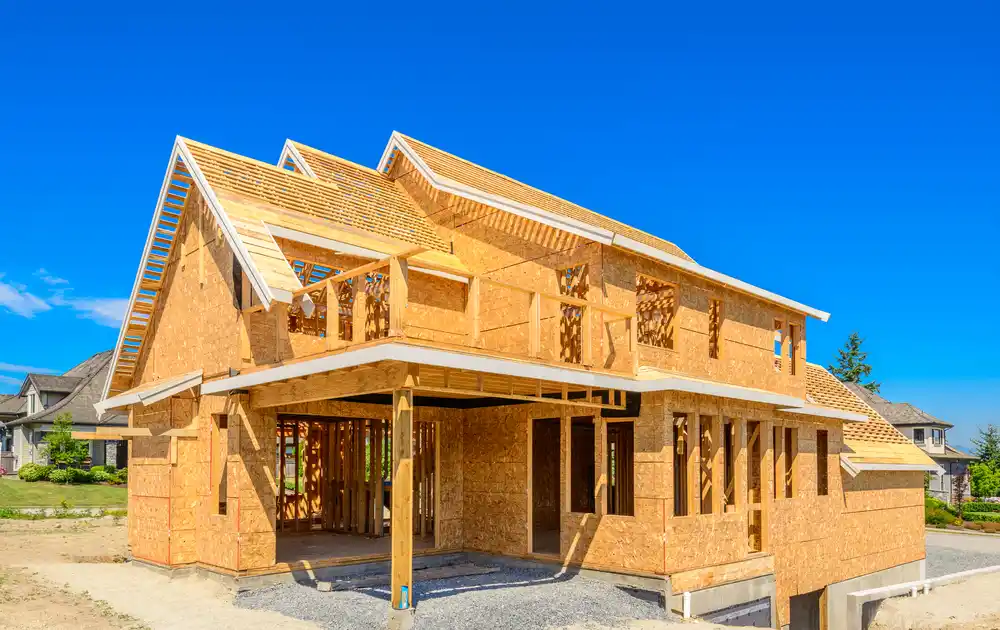 Shutterstock
ShutterstockAdjustable-Rate Mortgages Make a Comeback
As inflation and interest rates rise, more buyers are going with adjustable-rate mortgages (ARMs). ABC News says, “ARMs made up 13% of all home loans by dollar volume in March, their highest share since January 2020.” The average 30-year fixed mortgage is over 5% these days, so considering alternatives makes sense.
ARMs are home loans with interest rates that periodically change based on the market. While ARMs typically start with a lower rate than fixed-rate mortgages, the Consumer Financial Protection Bureau cautions that your payments could ultimately go up instead of down.
 Shutterstock
ShutterstockMay Not Be the Time to Refinance
As interest rates go higher, fewer homeowners will be able to secure a lower interest rate than they already have by refinancing their mortgage. So, it may not be the time to refinance. It appears that many homeowners are coming to that conclusion.
According to CNBC, demand for mortgage refinances is already down. As of March 30, the source says refinance applications were “down a whopping 60% from a year ago.” Of course, there are other reasons to refinance. For instance, someone interested in a cash-out refinance may make a different calculation.
 Shutterstock
ShutterstockBeware of a Housing Bubble
“Until recently, the possibility of a bubble wasn’t widely supported,” according to CNN Business. But the source says some experts say prices are reaching a point of “exuberance.” The source says that means prices are becoming increasingly “out of sync with the economic fundamentals underpinning the market.”
According to Fortune, 44% of homes in the country’s largest housing markets are overpriced by at least 30%. The source says, “the last time the housing market was this ‘overpriced’ was just prior to the implosion of the 2000s housing bubble.”
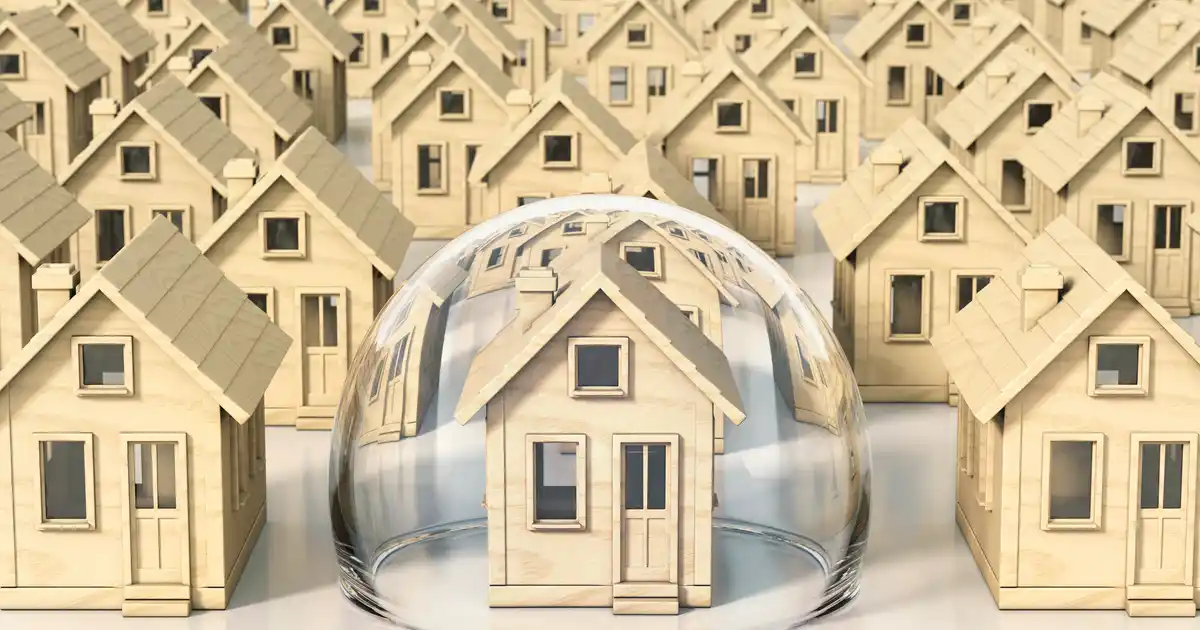 Getty
GettyInflation Impacts Home Buying Decisions
According to a Redfin survey, 73% of respondents say “inflation is influencing their future buying or selling plans.” A combined 40% of respondents say they’re either delaying or canceling their homebuying plans, while 24% of respondents say they’re accelerating their homebuying plans.
Redfin Chief Economist Daryl Fairweather says some people delay buying a new home because of how much more they have to spend on things like groceries and gas. On the other hand, he says some people “move faster to find a house because they’re worried home prices and rent prices will increase even more.”
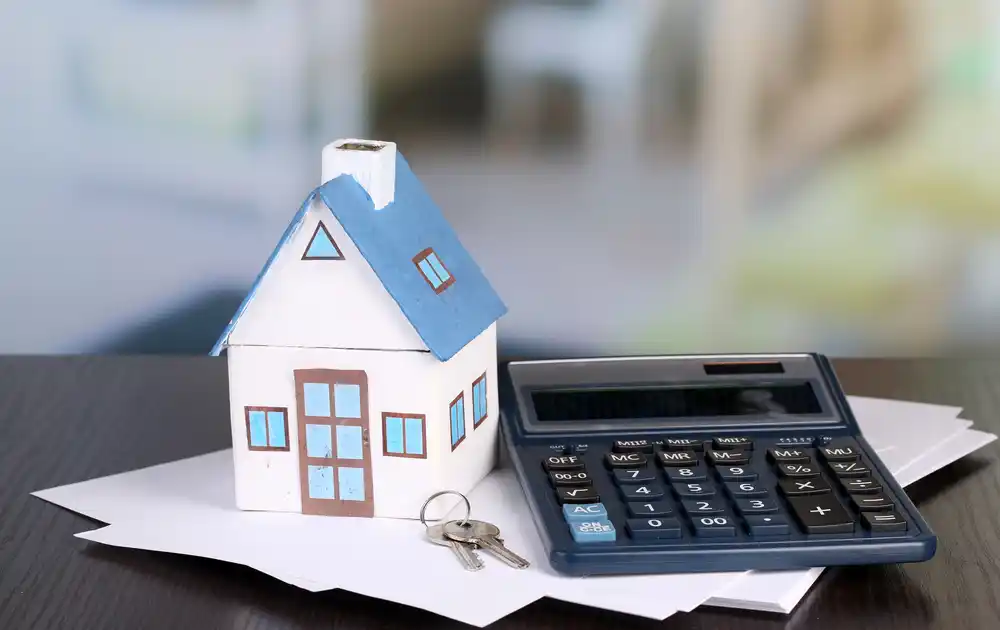 Shutterstock
ShutterstockInvest In Rental Properties
Since more people may put off buying a home due to high home prices/rates and inflation hitting their pocketbooks in other ways, it could be a good time to invest in rental properties. “High-cost mortgage rates mean buyers have less purchasing power, so many continue to rent,” according to The Motley Fool.
As a result of increased demand, the source says rental rates increase. So, if you’re interested in diversifying your investments with real estate, then you may want to consider rental properties. The source says rental properties “will likely have higher than normal demand and returns.”
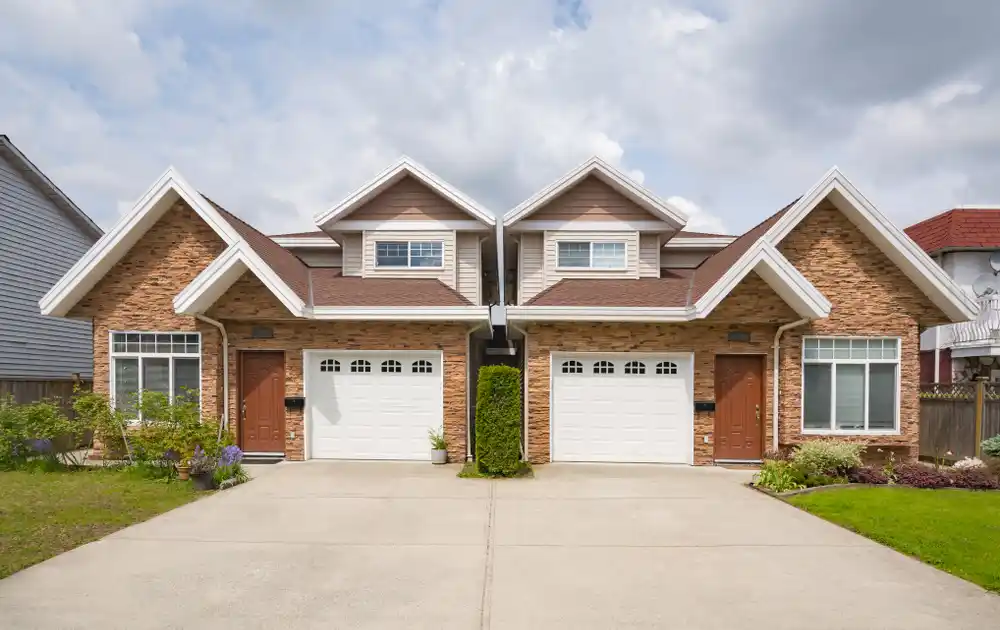 Shutterstock
ShutterstockHow Long Will Inflation Last?
You’re probably wondering how long inflation will last. CNN Business says, “The Fed has given very little guidance in general on how long they predict it will take for their interest hikes to lower inflation.” While they can’t predict what’ll happen, the source says history can provide some insight.
It references both the ’70s and post-WWII as two times of heightened inflation. But unlike the ’70s, the source says our economy and unemployment rates are good. So, we may be in a situation more similar to post-WWII, where inflation declined quickly as supply chain issues were resolved.
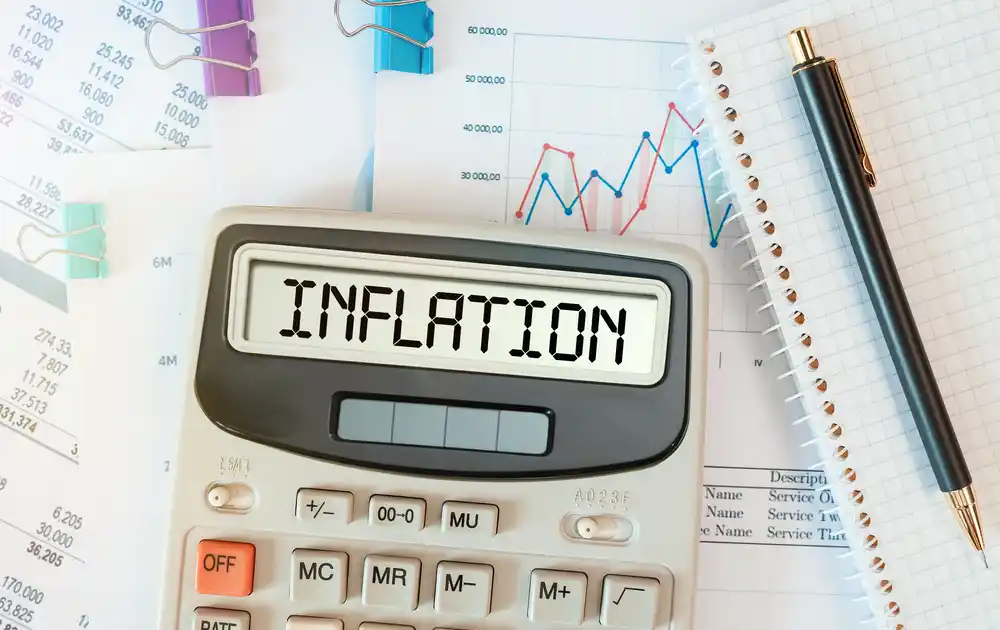 Shutterstock
ShutterstockThe Bottom Line
Inflation is making it more expensive to buy, build, or rent housing. As previously mentioned, interest rates are up, and construction materials cost more. While there are some signs that home prices may decrease, Redfin says the average home still sells for above its asking price.
At the end of the day, potential home buyers need to decide what makes sense for their financial situation. Even though high home prices/rates and inflation combine to make purchasing a home an expensive endeavor, it may make sense to get out of the cycle of renting.
 Shutterstock
Shutterstock